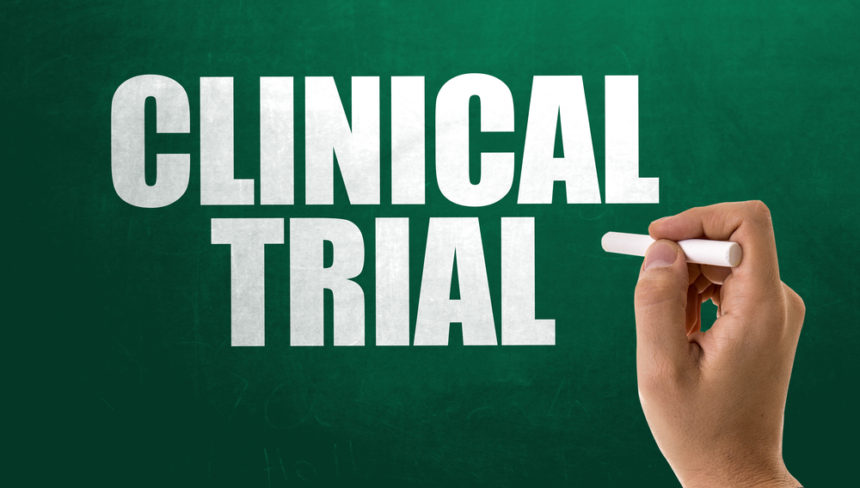This post was originally published on this site
Two initial patient groups have been expanded and four others added to a Phase 1b trial assessing the combination therapy Cabometyx (cabozantinib) and Tecentriq (atezolizumab) in people with locally advanced or metastatic solid tumors, Exelixis has announced.
The multi-center, open-label COSMIC-021 trial (NCT03170960) is evaluating the safety, tolerability, preliminary efficacy, and pharmacokinetic properties (how a drug is absorbed, distributed, metabolized, and eliminated) of Cabometyx in combination with Tecentriq (by Genentech) in patients with different types of solid cancers.
The study is divided into two different phases. First, an initial dose-escalation phase determined the optimal dose of Cabometyx (40 mg daily) and Tecentriq (1,200 mg infusion once every three weeks), based on data from patients with advanced renal cell carcinoma (RCC) or locally advanced, metastatic or recurrent urothelial carcinoma (UC).
The second expansion phase is now assessing the percentage of patients responding to the combination therapy in multiple groups of people with different types of solid tumors, including RCC, UC, non-small cell lung cancer (NSCLC), metastatic castration-resistant prostate cancer (mCRPC), triple-negative breast cancer, and epithelial ovarian cancer.
Based on promising preliminary efficacy findings and solid safety data, two original groups of patients — the immunotherapy-refractory NSCLC cohort and the mCRPC cohort — have been expanded to 80 patients each, up from 30. All will receive the optimal doses of Cabometyx and Tecentriq.
Four new cohorts of mCRPC patients, all previously treated with at least one form of a second-generation androgen receptor (AR) inhibitor – Xtandi (enzalutamide) or Zytiga (abiraterone) — will be added to the trial:
- Two expansion cohorts of 30 patients each who received one AR inhibitor alone, or the AR inhibitor plus the chemotherapy docetaxel;
- Two exploratory groups of patients who had one AR inhibitor, with or without docetaxel, and who will be treated with either Cabometyx (up to 30 people) or Tecentriq (up to 10) alone.
COSMIC-021, taking place across the U.S. and Europe, now includes 20 expansion and four exploratory cohorts, and will involve up to 1,732 people with locally advanced or metastatic solid tumors. More information about patient groups that are currently enrolling is available here.
“There is an urgent need for new treatments to improve outcomes for patients with NSCLC refractory to immunotherapies and patients with metastatic CRPC,” Michael M. Morrissey, PhD, president and chief executive officer of Exelixis, said in a press release.
“Following encouraging early efficacy and safety data from the original lung and prostate cancer cohorts in COSMIC-021, we look forward to exploring the combination of cabozantinib and atezolizumab further in these expanded and newly added cohorts as we advance our plans to expand the broader late-stage development plan for cabozantinib,” he added.
The post Phase 1b Trial of Cabometyx-Tecentriq Combo in Solid Cancers Adding More Patients, Tumor Types appeared first on Immuno-Oncology News.
The post Phase 1b Trial of Cabometyx-Tecentriq Combo in Solid Cancers Adding More Patients, Tumor Types appeared first on BioNewsFeeds.


